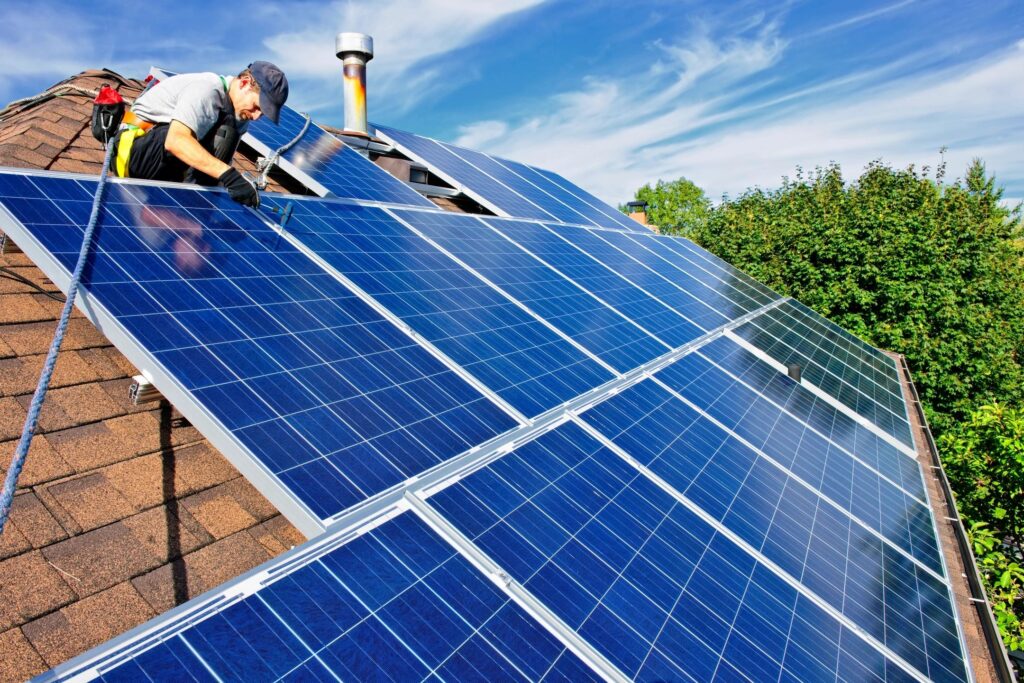There are times when populist policies centered on tariffs that shield American companies from competition provide a useful, if entirely unintended, peek behind the political curtain.
Consider the example of solar panels. The U.S. has imposed tariffs on Chinese-made solar panels, arguing that these cheap products would otherwise flood the market and put American solar makers out of business.
Yet the Biden administration and many state and local governments have made it a priority to shift America’s energy generation from fossil fuels to renewables like wind and solar. The reason: to avoid a climate apocalypse.
How does one square these competing policy goals? If one happens to be in the Biden administration, not very well. If anything, the rhetorical gymnastics required only underline the case that protectionism and green energy production are incompatible.
And now, seven U.S. companies who depend on tariff protection want to expand it. As Cato’s James Bacchus
noted that as bad as these new tariffs would be, they are part and parcel of the subsidy economy:
In addition to the competition from foreign competition provided by tariffs, US solar manufacturers such as the seven companies that have filed the new petition have benefited from billions of dollars of tax credits for new facilities that were created by President Biden’s multi‐trillion dollar venture into industrial policy, the Inflation Reduction Act (IRA). The jobs in the solar industry resulting from these subsidies have been trumpeted as a triumph of the IRA. Yet, as my Cato colleagues Travis Fisher and Alex Nowrasteh have pointed out, “Economic activity created via subsidies does not indicate an increase in economic activity overall. Likewise, jobs created by subsidies do not indicate an increase in jobs overall. There is a net cost to society when subsidies and other industrial policies distort markets.”
Subsidies beget trade protectionism. Which leads to an uncompetitive, unhealthy domestic industry. Not exactly the sort of thing that one wants to see in a campaign brochure. Far, far better to show American workers in stalling American solar panels on U.S. homes.
U.S. taxpayers be damned.
Bacchus puts it this way:
“President Biden has continually emphasized the importance of helping the climate in his agenda. Maintaining these tariffs will do little to achieve that goal. Continuing to impose the artificial expense caused by the tariffs only adds to the prices of renewable alternatives such as solar energy, making them less appealing.” A decision by his administration “not to restore freer trade in these products could have significant implications for Americans looking to expand their consumption of solar energy and, therefore, solar energy products. Making those products more expensive and difficult to obtain is nonsensical as a matter of public policy.”
“Nonsensical” just about sums up the Washington experience on trade, economics, politics, and everything.

